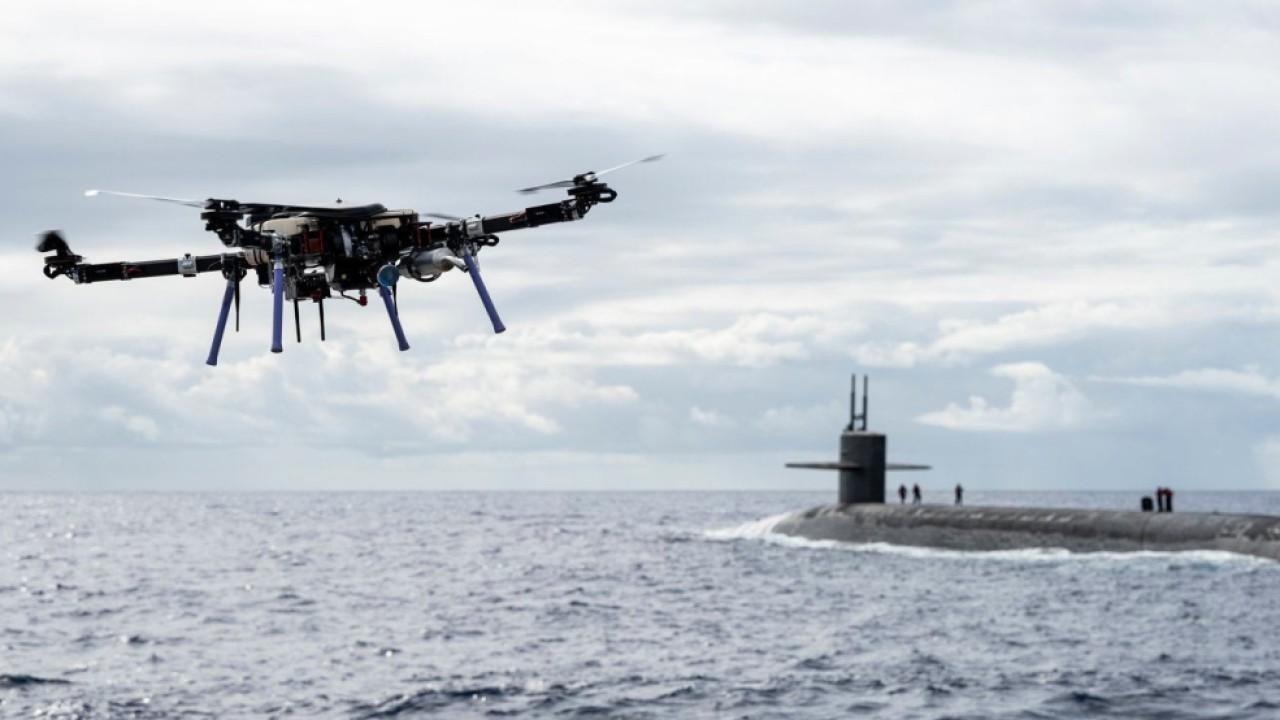FAA brings commercial drone deliveries one step closer with new rules
Drones represent the fastest-growing segment in the entire transportation sector, with over 1.7 million drone registrations and 203,000 FAA-certificated remote pilots.
The U.S. Federal Aviation Administration announced on Monday that it will issue a long-awaited rule to allow for small drones to fly over people and at night, bringing the technology's use for widespread commercial deliveries one step closer to becoming a reality.
In addition, the FAA is also requiring remote identification for most drones in order to address security concerns.
“The new rules make way for the further integration of drones into our airspace by addressing safety and security concerns,” FAA Administrator Steve Dickson said in a statement. “They get us closer to the day when we will more routinely see drone operations such as the delivery of packages.”
THE APPLE CAR COULD ARRIVE IN 2021, REPORT SAYS
Under the Operations Over People and at Night rule, drones will be required to have flashing anti-collision lights that can be seen up to three miles away and no exposed rotating parts that could potentially lacerate human skin. The final rule also requires drone operators to carry their remote pilot certificate and identification at all times and to complete special training.
Meanwhile, the Remote ID rule will require all drones registered with the FAA to broadcast identification, location, and take-off information via radio frequency. The final rule also eliminates the requirement that drones be connected to the internet to transmit location data.
Remote ID will be required for drones weighing 0.55 pounds or more and for smaller drones under certain circumstances, such as flights over open-air assemblies. Drone manufacturers will have 18 months to begin making drones with remote ID, and operators will have one year after that to start using drones with remote ID.
The final rules also allow operations over moving vehicles in some circumstances. Both rules will become effective 60 days after publication in the Federal Register.
CLICK HERE TO READ MORE ON FOX BUSINESS
Drones represent the fastest-growing segment in the entire transportation sector, with over 1.7 million drone registrations and 203,000 FAA-certificated remote pilots. However, drones being used for commercial delivery has developed much slower than expected.
The United Parcel Service became the first company in America to obtain governmental approval to operate a drone airline in October 2019.
"UPS Flight Forward appreciates the FAA’s latest rulemaking for unmanned aerial systems, which will advance the integration of drones into the National Airspace System," a UPS spokesperson told FOX Business in a statement. "The framework is a critical step in allowing more complex UAS operations, with a focus on safety and security."
A similar approval was also given to Alphabet’s Wing, a sister unit of Google, last year. A Wing spokesperson told FOX Business that the company feels the Remote ID rule poses "serious and unintended consequences for the privacy of everyday Americans," due to the technology's limitations in regard to protecting sensitive data.
"At a basic level, the new rule would enable the real-time tracking of consumer's drone delivery orders by the general public, the spokesperson said. "American communities would not accept real-time surveillance of their deliveries or taxi trips on the road. They should not accept it in the sky."
| Ticker | Security | Last | Change | Change % |
|---|---|---|---|---|
| UPS | UNITED PARCEL SERVICE INC. | 117.34 | +0.79 | +0.68% |
| GOOGL | ALPHABET INC. | 322.86 | -8.39 | -2.53% |
| AMZN | AMAZON.COM INC. | 210.32 | -12.37 | -5.55% |
Amazon CEO Jeff Bezos told "60 Minutes" in December 2013 that the company would use drones to deliver goods to customers' doorsteps within five years. However, that prediction is already off by two years. Amazon Prime Air received approval by the FAA in August to deliver packages using drones, but a timeline as to when the drones would begin to make deliveries for customers has not been specified.
An Amazon spokesperson did not immediately return FOX Business' requests for comment on the new rule.
GET FOX BUSINESS ON THE GO BY CLICKING HERE
The Associated Press contributed to this report.




















